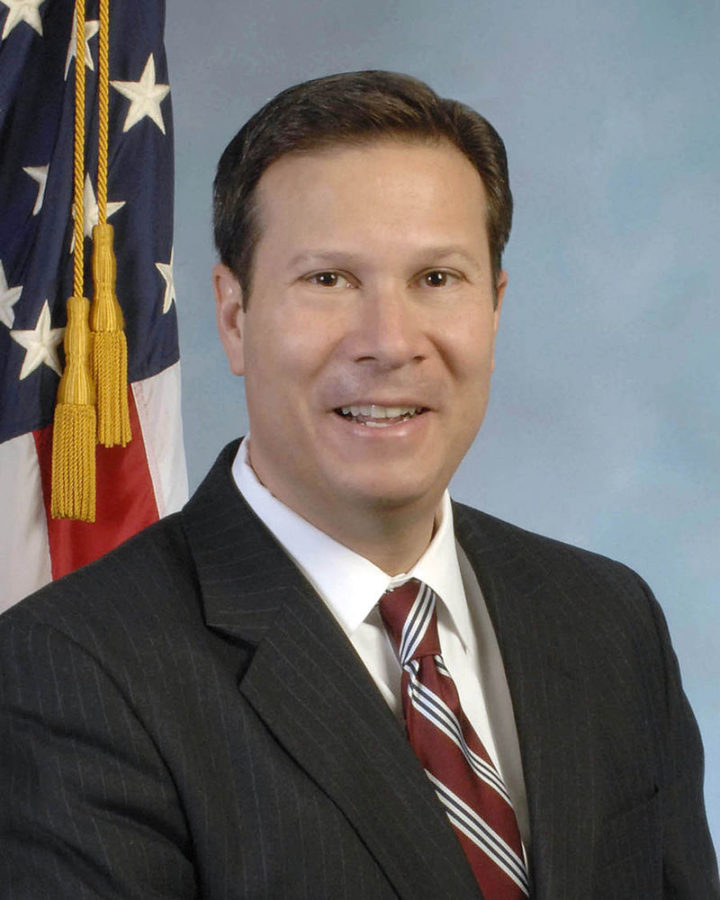Former FBI official to talk world security
Frank Figliuzzi, a former FBI assistant director for counterintelligence, is set to deliver a lecture on security in an “unstable world” Tuesday at Iowa State.
November 18, 2019
A former FBI assistant director for counterintelligence will deliver a lecture on “Seeking Security in an Unstable World” at 8 p.m. Tuesday in the Great Hall of the Memorial Union.
The lecturer, Frank Figliuzzi, will talk about security in the current world where conflict often surrounds terrorists and other non-state actors without having well-thought out rules of engagement, said Karen Kedrowski, director of the Carrie Chapman Catt Center for Women and Politics.
“[T]hen you add to that an unconventional president who has very specific views on foreign policy and takes a different view towards our responsibilities to our allies through NATO or other agreements and has a more casual approach with actors, you know, state leaders and so forth,” Kedrowski said. “So that does lead to a certain amount of uncertainty.”
Kedrowski said Figliuzzi is also expected to comment on the Ukrainian situation in current news but that it is not related to the impeachment inquiry.
“I think [Figliuzzi will] talk about what normal foreign policy looks like and how the exchange between President Trump and President Zelensky that’s at the center of all of this is not conventional foreign policymaking and whether or not that’s helpful, harmful, neither […] those kinds of things,” Kedrowski said.
This lecture is the annual Manatt-Phelps Lecture in Political Science, which began in 2002 with Charles T. Manatt delivering the first lecture. Manatt was a former U.S. ambassador to the Dominican Republic and a Democratic National Committee chairman.
“It’s a great opportunity to have high profile leaders come in and speak with our students because they can hear from people who have a breadth of expertise and experiences that they would not otherwise be exposed to,” Kedrowski said.
Figliuzzi will also conduct a student question and answer session at 4 p.m. Tuesday in Catt 302 to discuss careers in the FBI. This session is open to anyone interested.
“The FBI takes people from [a] wide range of backgrounds,” Kedrowski said. “They need people who can do research, they need forensic chemists, they need engineers who can help work crime scenes, they need criminal justice students, they need attorneys. […] I think that there could be folks from any number of fields, […] as well as broadly across the liberal arts, that might be interested in hearing about this and learning about what a career in the FBI is like.”







